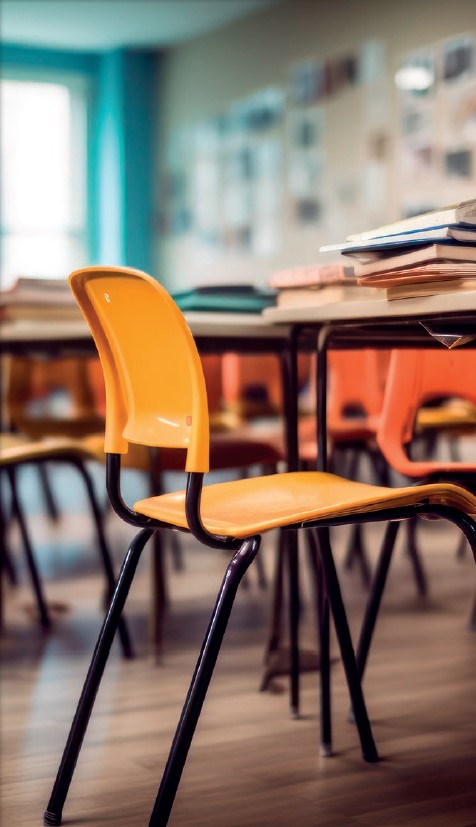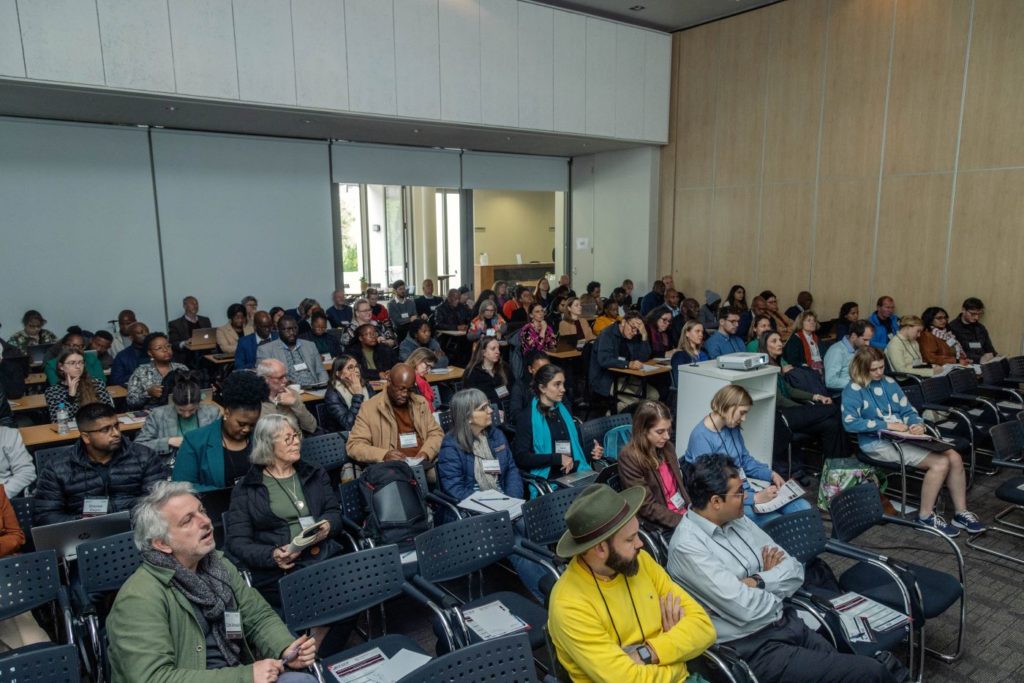
COVID-19 caused disruptions to schooling on an unprecedented scale. Emerging evidence indicate sthat these disruptions impacted schooling in South Africa in many ways, from shortened curricula to significant learning losses occurring over the two years of the pandemic (Hoadley, 2020; Ardington,
Wills and Kotze, 2021; Van der Berg et al., 2022). This report constitutes the first attempt at investigating how these outcomes affected broader system performance in terms of key outcomes such as learner flows through the system, matric results, and performance in school-based assessments (SBAs). The report also sheds light on some important other education issues.

RESEP was again privileged to host its annual QER conference at STIAS from 31 August to 1 September 2022. There is much value in bringing together academics, government, NGOs and funders involved in education improvement in South Africa. Two days of new research, engaging panels and critical questioning reminded us of how much work there is to be done, while also revealing the advancement in collaboration that has been made across research and government work.

Since 2004 the South African government has rolled out free antiretroviral therapy (ART) at public health care facilities nationwide. No prior studies have estimated the impact of the ART rollout on health and survival using a longitudinal household survey with national coverage.








